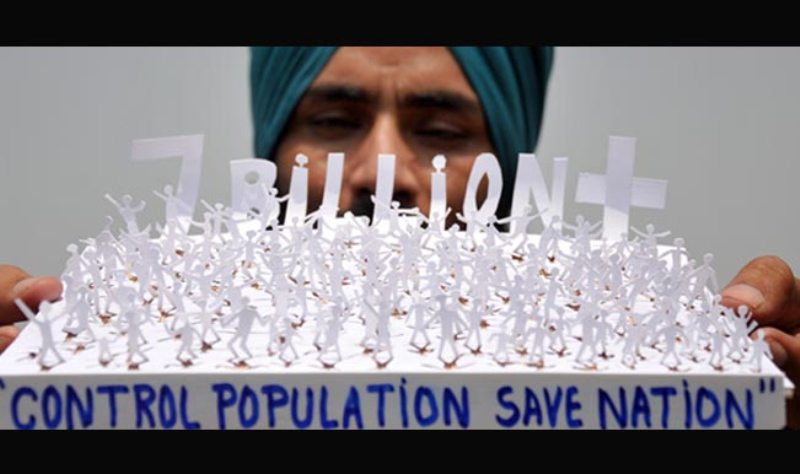Approximately 7.5 billion people reside in different parts of the world today. Some living in luxury, others struggling for survival in adverse conditions. A growing population brings with it a series of large problems that severely affect the quality of life of the people living in those regions. To address the urgency and the importance of such problems, the United Nations has designated 11th July as the World Population Day. First celebrated in 1990, the World Population Day is commemorated by over 90 countries that partner with their regional UNDP offices and the civil society.


Recommended by the Governing Council of the United Nations Development Programme, the main objective of this day is to recognize the real problems faced by an ever expanding population and the reasons behind the same. This year’s theme is “Family Planning: Empowering People, Developing Nations”. Today, an estimated 225 million women resort to unsafe methods to avoid pregnancy. The lack of knowledge and taboo around contraceptives results in people having limited or no access to effective family planning methods, that in the long run pushes them further deep into poverty. This day advocates for voluntary family planning and contraception as a central right to all people especially women. Governments of various countries provide contraceptives at subsidized rates or for free to ensure that even people who cannot afford contraceptives have access to the same. The recent controversy around Donald J. Trump’s proposed legislation to roll back Obamacare birth control, that made contraceptives available free of cost, sparked widespread unrest amongst the people. Family planning is an effective way of curbing poverty.


With over 1.3 billion people, India has the second largest population in the world. In India, most people living in rural regions or those living in poverty often believe more children means more hands to work however they do not realize that more children also means more mouths to feed. To tackle this, over the past years the government initiated several campaigns to keep a check on the growing population by educating the masses. The “Hum Do Hamare Do” phrase that we often see plastered on the backs of autos and trucks is actually a campaign run by the government telling couples to plan their family and not have more than two children. In addition to financial burden placed on low income families with the birth of a new child, the resources of the society are also burdened in the process. More people means, a greater demand for food and accommodation which then results in greater pressure on the land and subsequently the environment.
Family planning is extremely important for girls and women whose lives and health are affected by the birth of a child. It is extremely important for our society to empower women to make their own decisions regarding their bodies and decide whether or not they are mentally, physically and emotionally ready and willing to have a child. We must also try and bust the taboo around birth control and contraception and promote it as something that must be accessible by all.




